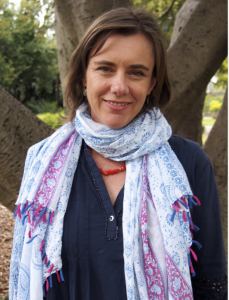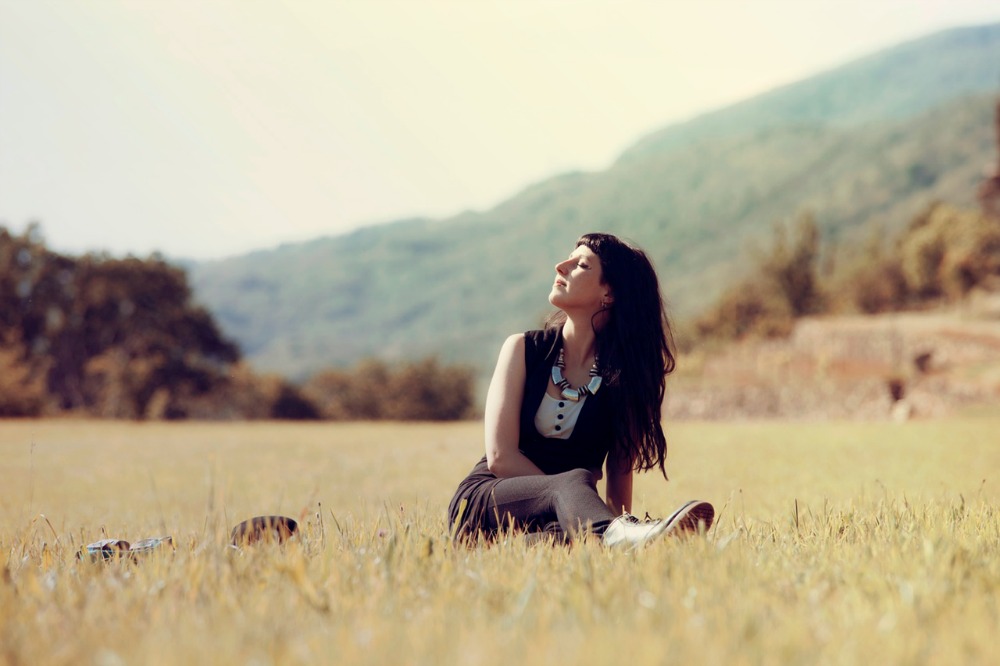Here in Australia, the summer is a time when the children are off school for up to two months and many businesses slow down or even close their doors – the nation takes a vacation.
At home, the TV stays on with that strange game called cricket playing in the background, puzzles and board games remain on the floor for days on end, fans whirring and midday naps common place, the days are long, slow and hot.
Perhaps related to the blistering heat, or perhaps related to our distance from the rest of the world, the summer in this country, can be like a trip back to the 70’s when everyone rode a cruiser and we ate sunnyboys after a visit to the local swimming pool.
A kind of time warp sets in, as we take life more slowly, less seriously and live more with the rhythms of nature.
And for me, there is nothing like time off the grid and then reconnecting, to help me realize just where I am at and what it is that I need to sustain me in an ongoing way.
So here is my list of what I need to sustain me:
- Connecting – regular and committed periods of uninterrupted time with the people that matter to me most.
- Camping – far away from man-made light, noise and conveniences.
- Movement in nature – hiking and swimming are my favourite.
- Taking in uninterrupted horizons – getting out of the city.
- Invigorating my sense of adventure – in traveling to new places.
- Learning – reading widely and planning my learning for the year ahead.
- Gardening – keeping connected to the earth in an ongoing way.
- Exercise – regular walking, yoga, swimming.
- Eating – savouring new flavours in sync with the seasons.
- Sleep – honouring my body and allowing enough time for rest.
- Water – drinking lots of it.
- The arts – connecting to my love of music, art and design.
- Sitting – in meditation and contemplation.
- Creating – writing, gardening and working collaboratively.
- Wondering – looking at the stars, our children, nature.
- Laughing – with those that I love.
- Working – to make a difference in the world
So there you have it, this is my list of what I need to sustain me … what is yours?

About the Author: Sarah Sacks
Sarah is a qualified and experienced counsellor, meditation teacher and group facilitator.
Sarah’s warm and intuitive counselling style, along with her extensive life experience, enables Sarah to gently support her clients towards their own path of change.
Qualifications – Bachelor of Holistic Counselling, Diploma of Transpersonal Counselling, Bachelor of Business (International Marketing & Trade), Diploma of Arts (Japanese), ACA (level 2), qualifying member for CAPAV
You can find Sarah at The Grove Counselling and Therapy and on Facebook.



Making my list of what to sustain me. Article right on time for organizing, making a monthly book to better organize my life. Husband retired due to severe heart/kidney diseases. Now functioning well, I can go back to an organized week planned ahead. Thanks for info to jump-start me! Dianna
Thank you, this is a perfect jump-start for my organization project, monthly organizing journal. Dianna
That all sounds great it’s what I would think problem is when I start thinking all those things I get overwhelmed How can you do all those things and still work the daily life and do the things you need to???
Found my to do list for the summer. Can do and want to, too! Thanks.
Awesome Teresa! Hope it replenishes you.